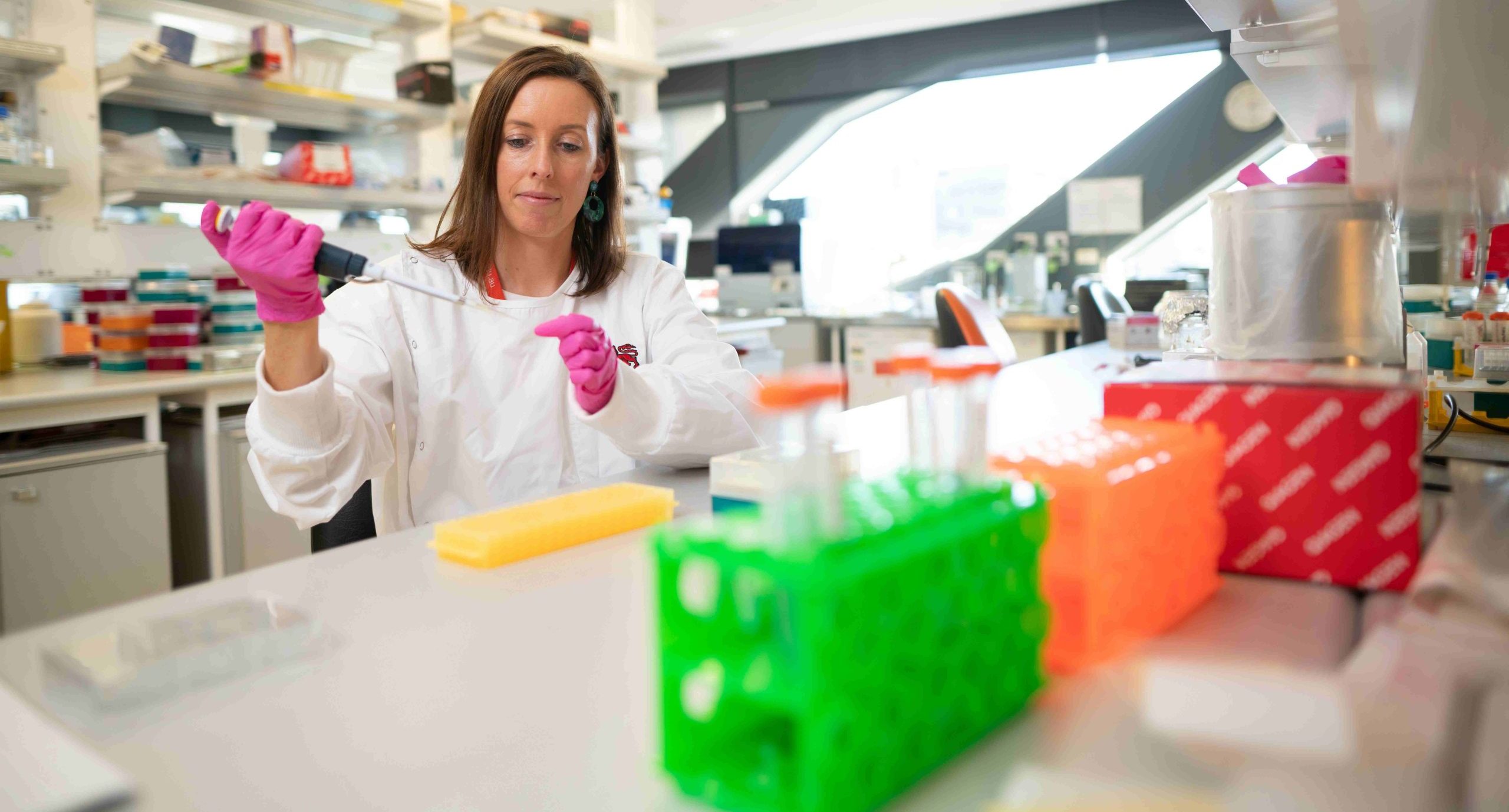
Are you, or someone you know affected by a rare disease? Tasmanian families who have had personal experience of conditions such as these often feel isolated and alone. We know this local research project is vitally important to supporting the health and wellbeing of so many across our community, young and old, now and into the future.
Generously funded by a Tasmanian family, this study sees a skilled local team working closely with the newly established Tasmanian Rare and Undiagnosed Diseases Network (TRUDN). A key aim of the investigation is to build an initial profile of the number and impact of these conditions in our local community. Led by local researcher Dr Mathew Wallis, who is also Clinical Director of the Tasmanian Clinical Genetics Service, an important preliminary focus for the team will lie in simply uncovering the prevalence and diversity of rare disease in Tasmania. With better understanding, we can better support these families.
What is TRUDN?
TRUDN is a group of health professionals, researchers and consumers that aim to improve awareness, diagnosis and treatment of Rare Diseases in Tasmania. The TRUDN vision is to lead the delivery of equitable healthcare to Tasmanians living with Rare Diseases, along with driving new innovation and contributing to local, national and international projects in Rare Diseases.
Relevance to Tasmanians
This study is so important because the collective impact of rare diseases in Tasmania is, at this point, unknown! Rare diseases are generally complex, serious and progressive conditions that begin to show early signs in childhood. These conditions often impact on several of the body’s core systems, in many instances there are multiple and ongoing health and psychosocial issues. Naturally these require continuing support through coordination of complex care.
One of the greatest challenges in understanding the impact of rare diseases is the limited data available - this is where the team’s study comes in! Rare disease data needs to be measured and tracked effectively to understand current Tasmanian needs while also better preparing for the future. In Tasmania, as in many other Australian states, there is a significant lack of evidence and public health data around the impact upon the patients’ families and the wider community.
What we need to know!
An undiagnosed disease often presents a complex challenge. Most undiagnosed diseases are rare, but there is a spectrum of rare disease types. Around 80% of these are genetic. While rare diseases are defined as a condition affecting less than one person per 2,000, because there are over 7,000 rare diseases, they collectively affect approximately 6-8% of the Australian population – that’s a significant number. We currently have no idea which of the 7,000 known rare diseases are prevalent in Tasmania and so Dr Wallis and his team are on a quest to find out!
What’s next?
This important project is part of a broader plan to identify, and later address, the needs that arise from rare diseases in Tasmania. These could include access to care, accurate and timely diagnosis (including screening for early detection), access to therapies, clear care pathways and provision of support beyond the health domain. As this study will also contribute to uncovering otherwise missed opportunities for earlier intervention, identifying and addressing these needs in Tasmania is critically important. For many families, this is a long-awaited study that will form the foundation to so much more vital medical research.
The Royal Hobart hospital Research Foundation’s purpose is to pursue better health for Tasmanians through research, but we can’t do this without your help.
You can make a donation online today or call our friendly team to make a donation via the phone on (03) 6166 1319. Thank you for supporting local medical research.